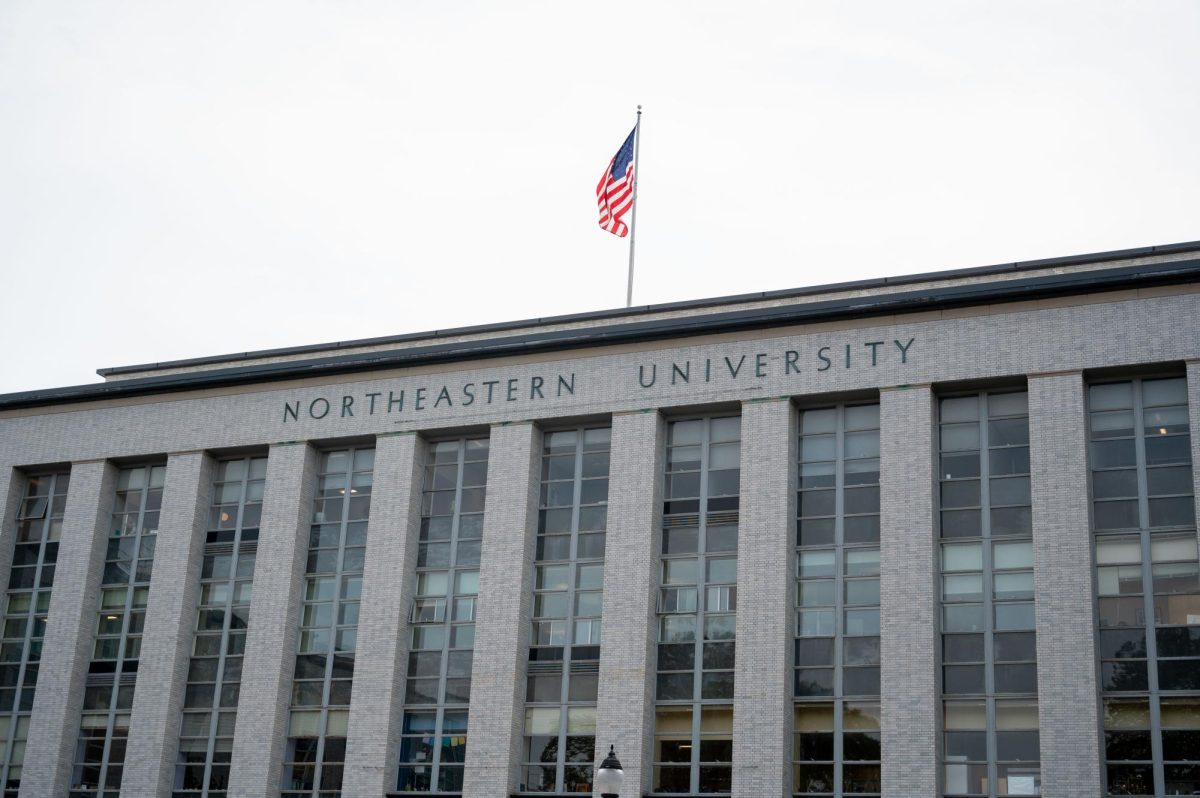By Nick Puleo
A recent wave of legal actions by the Recording Industry Association of America (RIAA) may impact Northeastern’s popular Direct Connect file sharing service, possibly forcing some students into litigation with the industry.
Last spring, the RIAA won copyright infringement cases against four college students who were using campus-based file sharing technology. The settlements ranged from $12,000 to $17,500.
“The technology Direct Connect uses, is very much like the technology in other file sharing services,” said Glenn Hill, Northeastern’s information security director. “It’s my understanding that this technology is what was implicated in the RIAA lawsuits.”
“The people who run these [campus] networks know full well what they are doing, operating a sophisticated network designed to enable widespread music thievery,” said RIAA President Cary Sherman in a published statement. “The lawsuits we’ve filed represent an appropriate step given the seriousness of the offense.”
Under the Digital Millennium Copyright Act of 1998, Internet service providers, including college networks, can avoid legal action by providing the RIAA with a list of users and their Internet activity. University of California at Berkeley received a subpoena from the RIAA demanding such information.
Federal law allows copyright holders to sue swappers for $750 to $150,000 in damages for each song illegally downloaded.
Two Northeastern students have been subpoenaed recently by RIAA in connection with possible copyright infringement violations.
“The law is clear and the message to those who are distributing substantial quantities of music online should be equally clear – this activity is illegal, you are not anonymous when you do it, and engaging in it can have real consequences,” Sherman said.
A 1998 law states that colleges, unlike other service providers, must provide students notice that their records have been subpoenaed. No colleges or universities have been named in recent lawsuits.
The RIAA began a campaign this summer to inform instant message users logged onto file sharing servers of their infringement. It is more difficult, however, to monitor file sharing within a network.
“The way that these students were caught using this service was by bragging about what they were doing to their school newspaper,” Hill said.
RIAA has recently agreed to grant amnesty to file swappers who agree to stop downloading and delete all copyrighted material. The new program would require swappers to sign a notarized affidavit.









